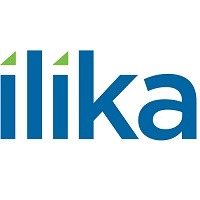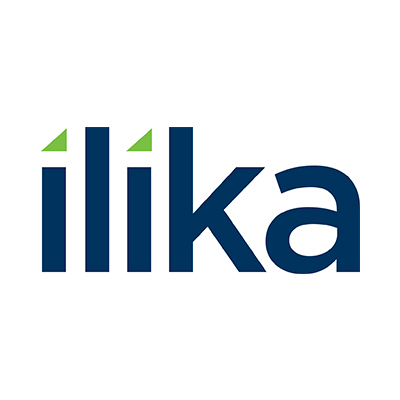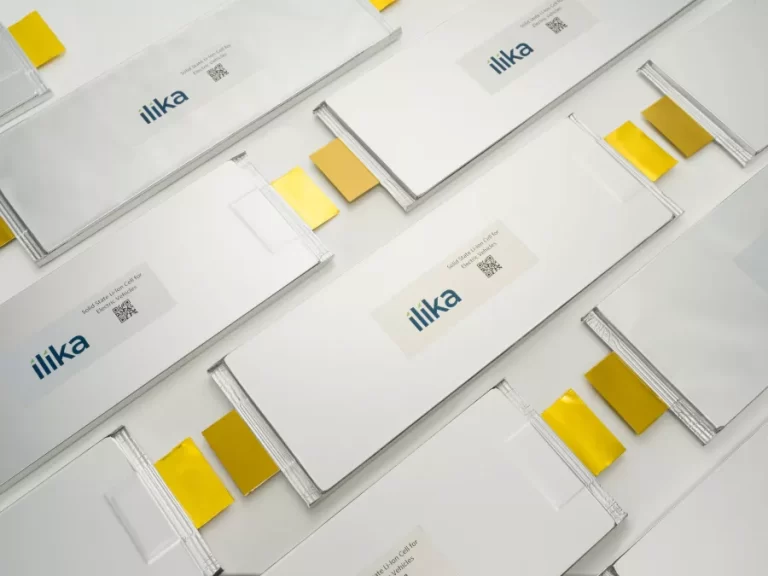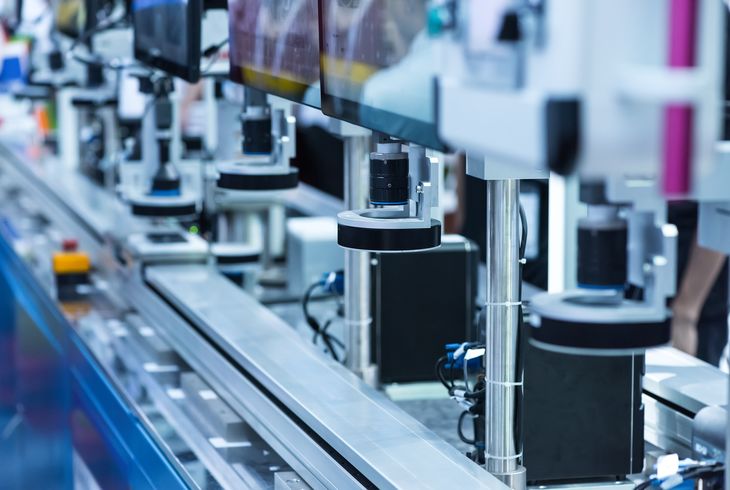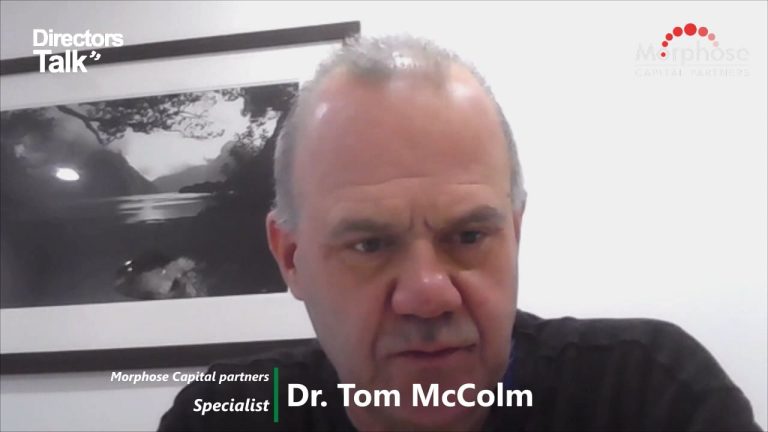Ilika plc (LON:IKA) Chief Financial Officer Steve Boydell caught up with DirectorsTalk for an exclusive interview to discuss the launch of their M50 mm-scale solid state batteries for the MedTech space.
Q1: Today, Ilika have announced the launch of its Stereax M50 miniature batteries to enable MedTech. Steve, can you shed a bit more light on these batteries, for example, the dimensions, the capacity and the type of medical devices that could be powered by them?
A1: The M50 measures 10mm by 3mm with a thickness of less than 1mm, they have a capacity of 50 micro-Amp hours which is enough to power small on-the-body sensing devices such as smart contact lenses, dental braces, glucose sensors as well as some implantable devices such as neurostimulators, cardiac rhythm monitors, leadless pacemakers, insulin pumps and blood pressure monitors. Typically, though, the implantable devices require slightly more power and this can be accommodated by stacking several M50’s on top of each other.
Q2: If the devices are in the body though, how will they be recharged?
A2: It is possible to do energy harvesting from the movement of the lungs, the beating of the heart and temperature gradients between skin and ambient air but these are still in an early stage of development. So, initially at least, the batteries will be recharged wirelessly by inductive charging using technology that’s already widely available for use in recharging mobile phones.
Q3: Do lithium-ion batteries not contain materials that are damaging to the human body?
A3: Like all Ilika’s Stereax batteries, the M50 is based on solid state battery technology which means there’s significantly less risk of leakage which makes it much safer to use than conventional lithium-ion batteries. It’s likely that in a device, the batteries will be packaged inside a small container along with the electronics and these packages will be tested and certified by the device manufacturers to confirm their safety.
Q4: What is the benefit of the types of devices powered by the M50 over existing medical devices?
A4: The main benefit is these devices, powered by the M50, will enable more remote patient monitoring rather than getting data from passive devices that require a patient to visit a hospital or clinic on a periodic basis to download data. These active devices will transmit data to a mobile phone and then on to the healthcare professionals who will then be able to provide more proactive patient care.


